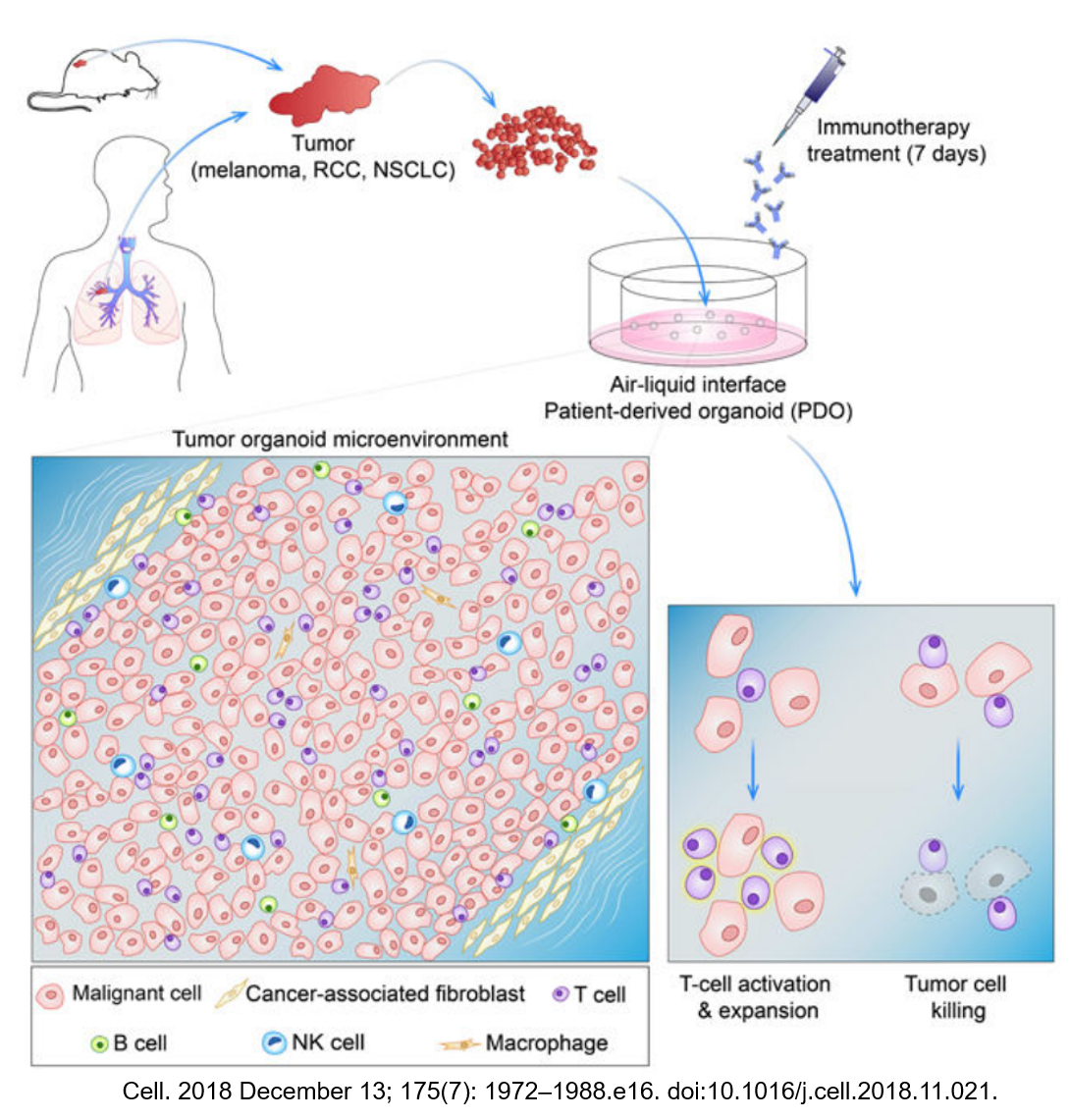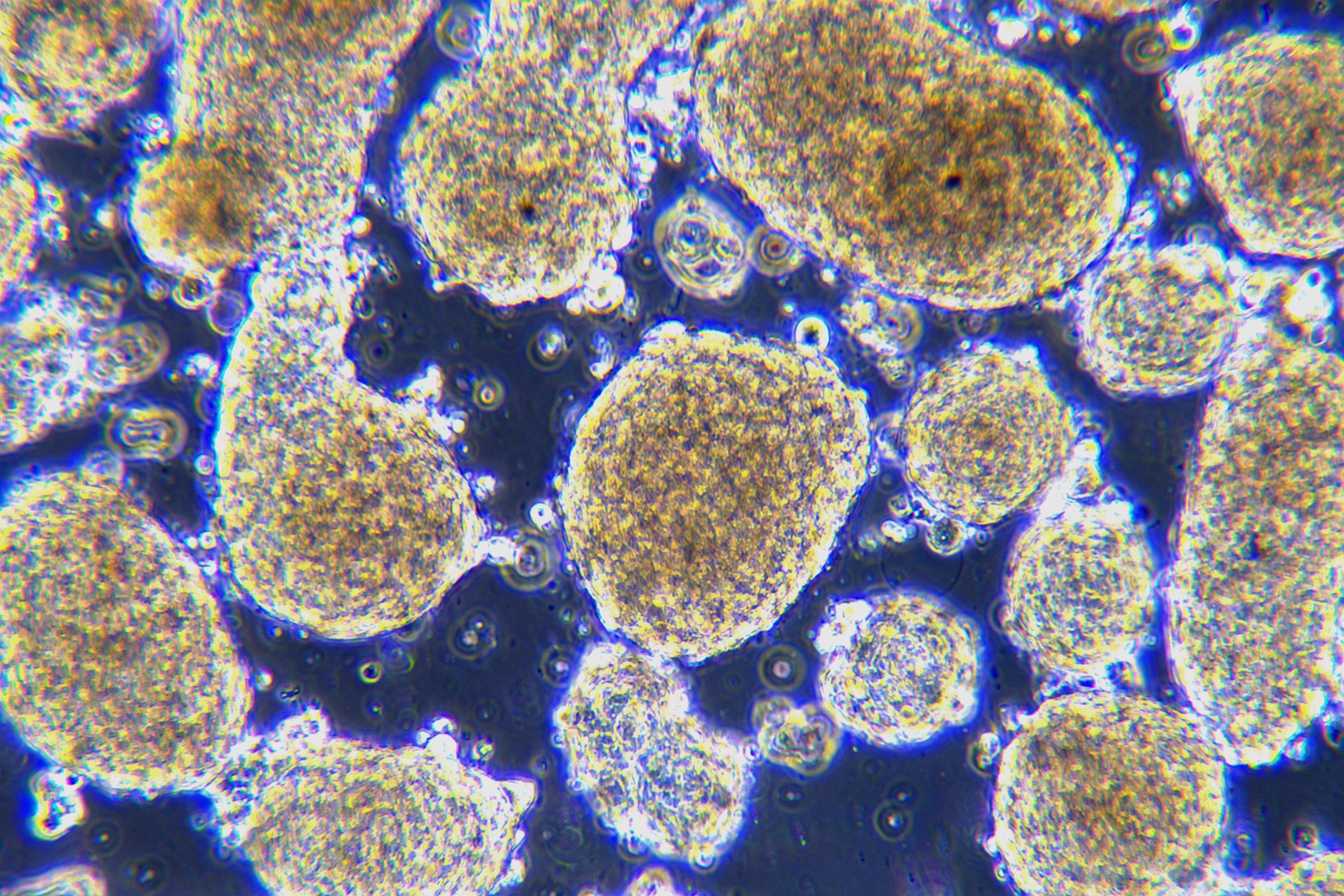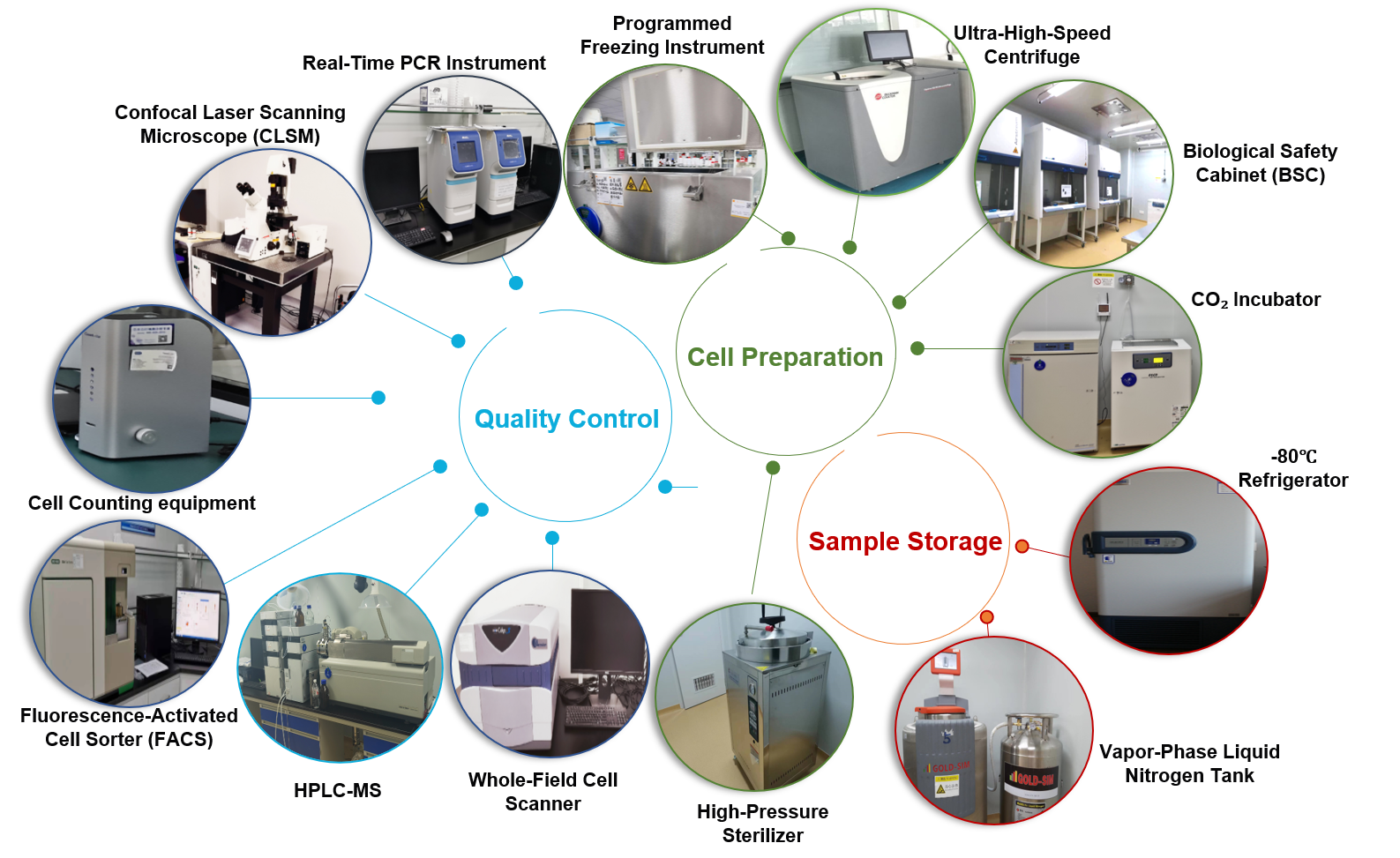Bioengineered Tumor Assembloid Construction and Drug Evaluation
I. Service Overview
Assembloids—organoids created by spatially assembling multiple cell types—enable deeper insights into tissue function and disease mechanisms. A straightforward method to generate assembloids involves mixing diverse cell populations (e.g., tumor cells, stromal cells, immune cells) prior to polymerization. For example, assembloids integrating neurons, astrocytes, and microglia have been used to model neuroinflammation and vascularized brain organoids (Nat. Methods 16, 1169–1175, 2019). In oncology, tumor cell-containing assembloids can simulate tumor metastasis by monitoring invasive behaviors.
The tumor microenvironment (TME)—a complex ecosystem comprising tumor cells, cancer-associated fibroblasts (CAFs), tumor-infiltrating lymphocytes (TILs), and extracellular matrix (ECM)—plays a pivotal role in cancer progression, drug resistance, and metastasis. Traditional models fail to recapitulate the spatial organization of TME, where TILs and tumor cells are often enveloped by multilayered fibroblasts. Assembloids excel at modeling such intricate cellular architectures, offering unprecedented resolution for TME studies and drug testing.


II. Service Credentials, Facilities, and Team


Expert Team:
Focus: Tumor biology and diagnostic technology development.
Publications: 70+ SCI papers as first/corresponding author in journals including Angew. Chem. Int. Ed. and Nature Communications (40+ papers with IF >10).
AIMBE Fellow, National Young Thousand Talents Program awardees, and Shenzhen High-Level Talent Awardees.
Prof. Duo:
Focus: Tumor biology and diagnostic technology development.
Publications: 70+ SCI papers as first/corresponding author in journals including Angew. Chem. Int. Ed. and Nature Communications (40+ papers with IF >10).
III. Service Case Studies
Our assembloid platform is actively used by top-tier hospitals in departments including:
Oncology
Hepatobiliary Surgery
Thoracic Surgery
Urology
Applications:
Drug Response Prediction: Developed personalized assembloid models for 50+ patients, achieving 85% concordance with clinical outcomes.
Metastasis Mechanism Studies: Identified fibroblast-driven invasion pathways in colorectal cancer assembloids.
Immunotherapy Screening: Evaluated TIL activation and PD-1/PD-L1 blockade efficacy in lung cancer models.








